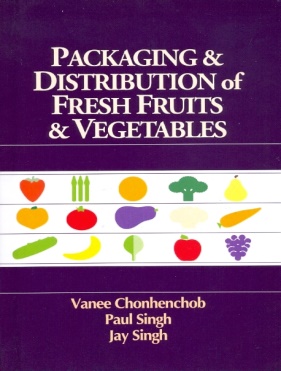IRPLAST a producer of simultaneously bi-oriented BOPP film has selected certified circular and certified renewable SABIC PP polymers from SABIC’s TRUCIRCLE portfolio for its new S-BOPP film solutions.
This portfolio offers brand owners and packaging suppliers the ability to achieve more sustainable packaging material solutions, which are immediately implementable, without having to change packaging appearance or packaging machinery, eliminating any need for investment in machinery or processes.
Naomi Lunadei, sustainability manager at IRPLAST, says: “We firmly believe that sustainable growth must become a priority for businesses producing and converting plastic packaging materials. As a packaging producer, we are well aware of our responsibilities in making the 2030 Sustainable Development Goals a reality and we are very committed to the challenge. We have undertaken a gradual but determined path, consistent with the development of new materials according to the guidelines of the EU Packaging and Packaging Waste Directives. Therefore, we have brought out two new innovative product lines in collaboration with SABIC, one to reduce the carbon footprint of BOPP flexible packaging, while the other introduces the possibility of entering the circular economy, being progressively mandated by legislators worldwide.”
IRPLAST’s S-BOPP film portfolio received ISCC certification at the end of 2019, which guarantees the solidity of the chain of custody right through the lifecycle, from raw material production to packaging supplies. These products are made from materials from SABIC’s TRUCIRCLE portfolio. The renewable BOPP film called NOPP (Natural BOPP) is made from certified renewable SABIC PP material from bio-based feedstock. The circular BOPP film branded as LOOPP is made from certified circular SABIC PP material that uses feedstock made from chemical recycling of mixed post-consumer plastics to deliver virgin-quality resins.
The resulting S-BOPP films comply with food contact regulations and are 100% recyclable in normal polyolefin waste separation streams.
Mark Vester, circular economy leader at SABIC, says: “The materials from our TRUCIRCLE portfolio offer drop-in solutions and we are very happy to collaborate with IRPLAST and support them to deliver sustainable solutions to the packaging industry. With our certified circular and renewable polymers, we are aiming to create a value chain, where SABIC and key downstream customers like IRPLAST, collaborate to recycle mixed post- consumer plastic back to the original polymer for packaging or other applications, thereby enabling the circular reuse of the planet’s natural resources.”
SABIC’s certified renewable polymers are high-quality virgin polymers, based on second-generation, bio-based feedstock. Like SABIC’s certified circular polymers, its certified renewable polymers have been accredited through the International Sustainability and Carbon Certification (ISCC PLUS). SABIC uses feedstock which is not in competition with the food chain and are not of animal origin, such as the waste vegetable oils, currently available as a recovered byproduct of the responsibly managed forest industry. All the films in IRPLAST's S-BOPP portfolio are ISCC certified and offer identical technical properties equivalent to standard versions.
Visit www.irplast.com for more information.









